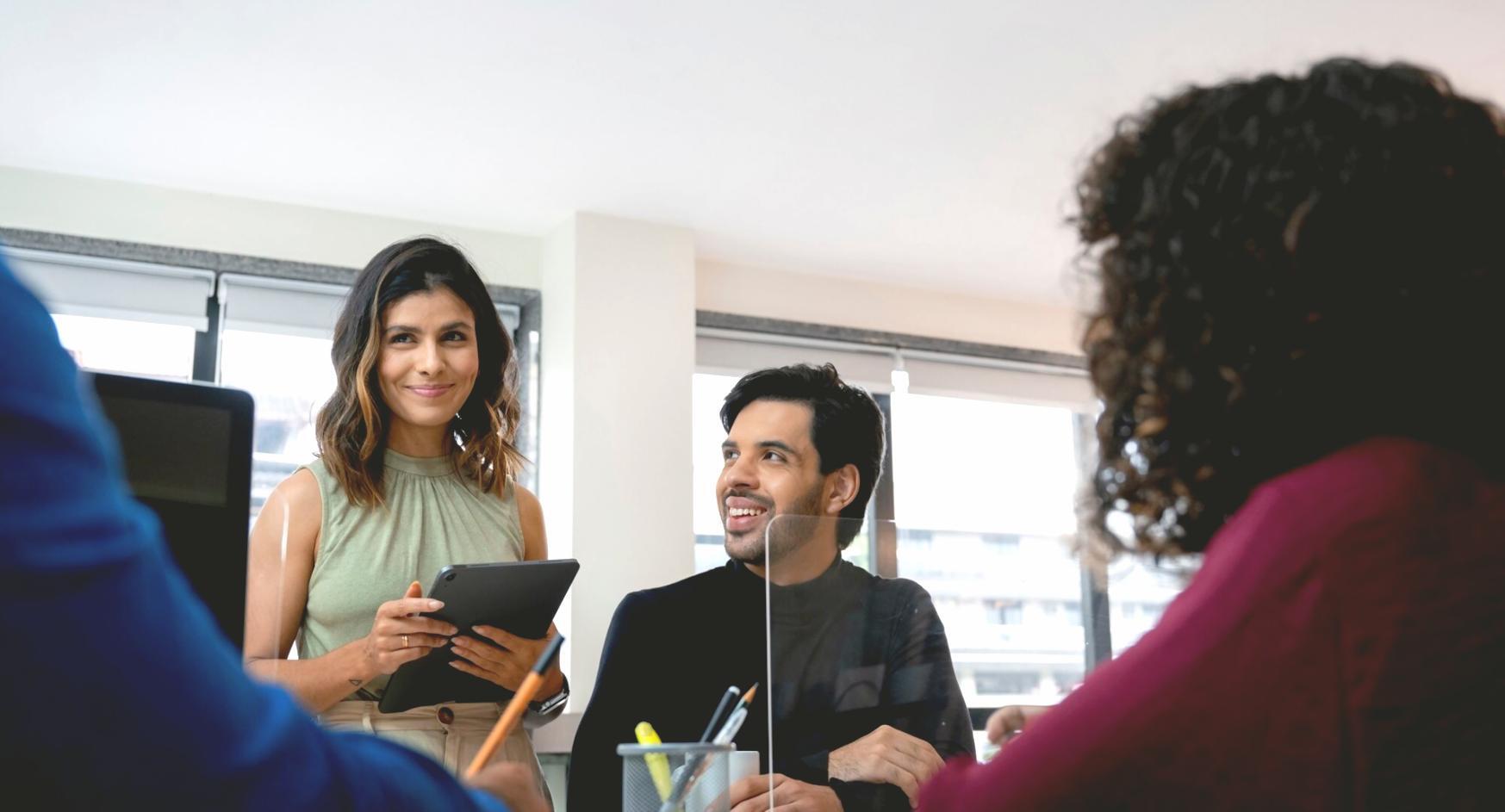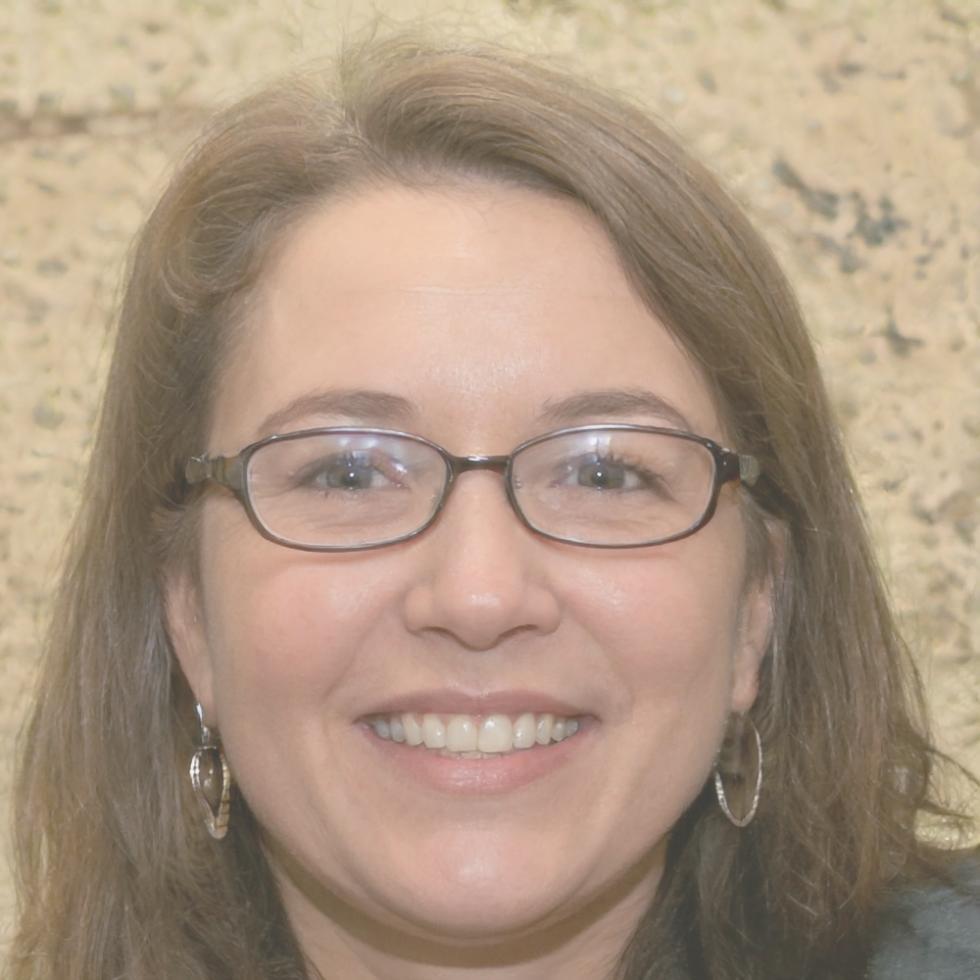Building Your Financial Foundation
Success in personal finance starts long before you touch your first budget spreadsheet. Here's what you need to know about preparing your mindset and establishing the core principles that will guide your financial journey.

The Mental Framework
Most people jump straight into budgeting apps and investment accounts without addressing the psychological foundations of money management. But here's something I've learned from watching countless individuals transform their finances – the most successful people spend time understanding their relationship with money first.
Your financial habits are deeply rooted in beliefs you might not even recognize. Maybe you grew up hearing "money doesn't grow on trees" or witnessed financial stress at home. These experiences shape how you approach spending, saving, and planning for the future.
Acknowledge Your Starting Point
Take an honest inventory of your current financial situation without judgment. This isn't about shame or regret – it's about creating a realistic baseline for your journey forward.
Define Your Values
What does financial security mean to you personally? Is it having six months of expenses saved, owning a home, or being able to travel without debt? Your values will drive every financial decision you make.
Embrace the Learning Process
Financial literacy is a skill that develops over time. You'll make mistakes, encounter setbacks, and discover new strategies as you go. That's not failure – that's growth.
Your Pre-Program Preparation
These three phases help you establish the groundwork for lasting financial change. Each phase builds on the previous one, creating a solid foundation for the learning ahead.
Financial Self-Assessment (Week 1-2)
Before you can plan where you're going, you need to understand where you are. This phase involves gathering your financial documents, tracking your spending patterns, and identifying your current habits without trying to change them yet.
- Collect bank statements from the past three months
- List all income sources and amounts
- Track daily spending without judgment
- Identify recurring expenses and subscriptions
- Note emotional spending triggers
Goal Clarification (Week 3-4)
This phase focuses on translating your values into specific, measurable financial goals. You'll learn to distinguish between wants and needs, set realistic timelines, and create a vision that motivates you through challenging moments.
- Write down your financial fears and aspirations
- Set short-term goals (3-6 months ahead)
- Define medium-term objectives (1-3 years)
- Envision your long-term financial future
- Prioritize goals based on impact and urgency
System Setup (Week 5-6)
The final preparation phase involves creating the practical systems you'll use throughout our program. This includes setting up tracking tools, organizing your financial documents, and establishing routines that support your goals.
- Choose your budgeting method and tools
- Set up automated savings transfers
- Create a filing system for important documents
- Establish weekly money check-in routines
- Build your financial support network
Learning from Experience
One of the most valuable aspects of preparing for financial change is hearing from people who have walked this path before you. Their insights can help you avoid common pitfalls and stay motivated when progress feels slow.
Signs You're Ready to Begin

Margaret has guided over 800 individuals through financial transformation since joining valiontrexas in 2019. Her background in behavioral economics helps clients understand the psychology behind their spending decisions and develop sustainable change strategies.
